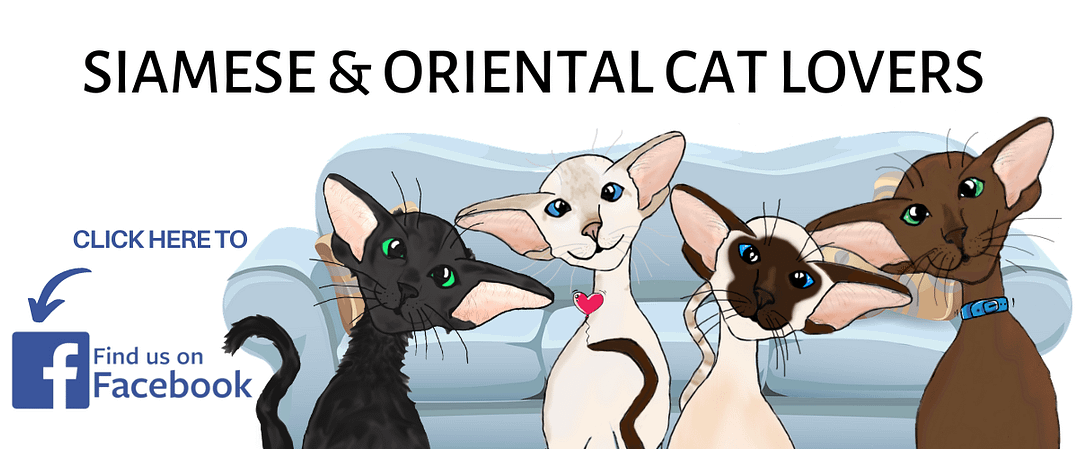Feline Health Problems and the Symptoms
 Feline health problems and the symptoms are something every cat owner needs to be a ware of. Owning a cat is a heavy responsibility which doesn’t end at just feeding, walking, and picking up after it. Health and well-being is of equal importance, and you should become aware of the symptoms and exactly what to watch out for. There are many diseases and illnesses which affect the feline community. Some of them are a mere annoyance; others can be quite serious and should be attended to.
Feline health problems and the symptoms are something every cat owner needs to be a ware of. Owning a cat is a heavy responsibility which doesn’t end at just feeding, walking, and picking up after it. Health and well-being is of equal importance, and you should become aware of the symptoms and exactly what to watch out for. There are many diseases and illnesses which affect the feline community. Some of them are a mere annoyance; others can be quite serious and should be attended to.
Feline Leukaemia Virus
This disease, also known as FeLV, most commonly affects cats after an accident or a physical trauma. It is very serious and considered to be one of the leading causes of death in cats. It is comparable to the human immunodeficiency virus (HIV), as it suppresses the immune system and makes the cat vulnerable to contracting infections, illnesses, blood disorders and even cancers.
If your animal has this disease, it may exhibit a number of obvious symptoms. They may lose a significant amount of weight, develop an unwavering fever and display a faded coat colour. Be sure to check the whites of their eyes for yellowing and their gums for paleness and swelling. Some other things to look out for include diarrhoea, strenuous breathing, fluctuating infections and eye diseases.
Please note that FeLV has no symptoms in the first stage, the same as HIV. The eventual signs will make themselves known gradually.
Worms
Cats are most frequently plagued by roundworms, hookworms, tapeworms and intestinal worms. However, in rare cases heartworm can also be a problem and whilst it is less likely to occur in cats than dogs, it can easily cause death.
When cats have worms, they will generally have a ravenous appetite, along with vomiting, fatigue and weight loss. They will also sport a pot-bellied appearance and their stomachs may become sensitive to touch. To be thorough, you may also want to check their stool for blood or worm segments.
Urinary Tract Infections (UTI)
UTI is normally a symptom of a much bigger problem such as kidney stones, diabetes mellitus, stress or incontinence. Only occasionally is it a bacterial infection of the urinary tract alone. If your cat displays any signs of UTI, you should take them to the vet to check for anything more serious.
The main things to look for include increased urination, vomiting, mewling or crying when grooming the genital area as well as cloudy or bloody urine.
Feline Pancreatitis
Another commonly found ailment in felines is pancreatitis, when their pancreas becomes inflamed and swollen. This eventually causes severe organ damage which can spread to the liver as well. It is quite difficult to diagnose, as the symptoms can be non-specific and indistinct.
Cats with pancreatitis exhibit signs such as sluggishness, a lack of appetite and dehydration. They may also sleep a lot more than they normally do.
Diabetes Mellitus
Much like human diabetes, this inhibits the pancreas’s ability to produce adequate amounts of insulin, or else prevents the body cells from being able to absorb insulin. It is a complex and a frequently diagnosed condition in family cats, affecting around 1 in every 400 born. Male cats are more prone to diabetes than females.
There is thankfully, a long list of symptoms you can watch out for. These differ depending on the stage. The first period results in an abnormal loss of weight, a ferocious appetite, increased thirst and frequent urination. When the condition begins to settle in and worsen, the cat will lose the desire to eat, become weak, dehydrated and sluggish. They may also have a difficult time breathing, vomit often or develop a peculiar gait.
Lyme Disease
Ticks are the culprit where this disease is concerned and whilst it is more commonly discovered in canines, cats are also susceptible to it. Ticks can host nasty bacteria known as Borrelia burgdorferi. Unfortunately, many of the symptoms are similar to other digestive issues. Many of them could point to kidney failure. If your cat exhibits these signs, it is best to take them to a vet to be certain.
Dental Disease
The majority of dental issues in our feline friends are only taken care of when they have reached a severe stage. This is due to the fact that most owners don’t know what to look for regarding the earlier signs. The most common problems include periodontal disease and gingivitis (rotting of the gums). Be sure to check your cat for these symptoms on a semi-periodic basis. If it sets in, your pet could potentially lose all their teeth.
Fever, loss of appetite and red, receding gums with yellow and brown spots are the more obvious symptoms indicating the problem has reached a critical stage. Watch out for lethargy, any difficulty with chewing their meals, drooling and bad breath.
Ear Mites
Any ear infections are normally caused by an infestation of ear mites. These parasites will most commonly affect both of the ears.
If your cat has these creatures, they will act out and appear anxious and edgy; mewing, trembling and voiding outside their litter box. They will also have a bigger tendency to bite and scratch familiar family members, groom themselves excessively and pull out their fur in clumps.
As cat’s age, the chance of them contracting a health problem increases. Protect your feline friend (and your wallet!) by taking out cat insurance whilst they are still young.

